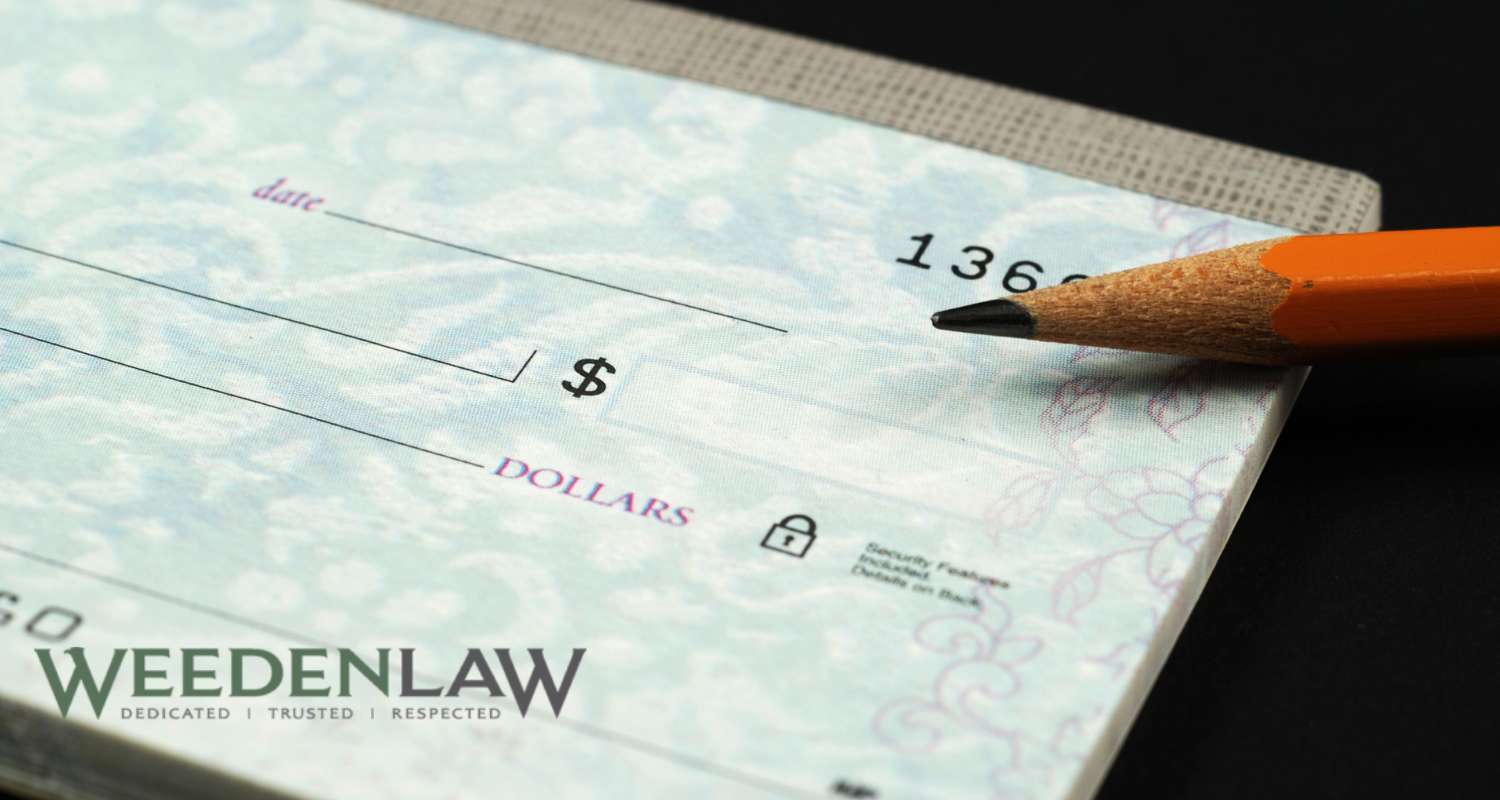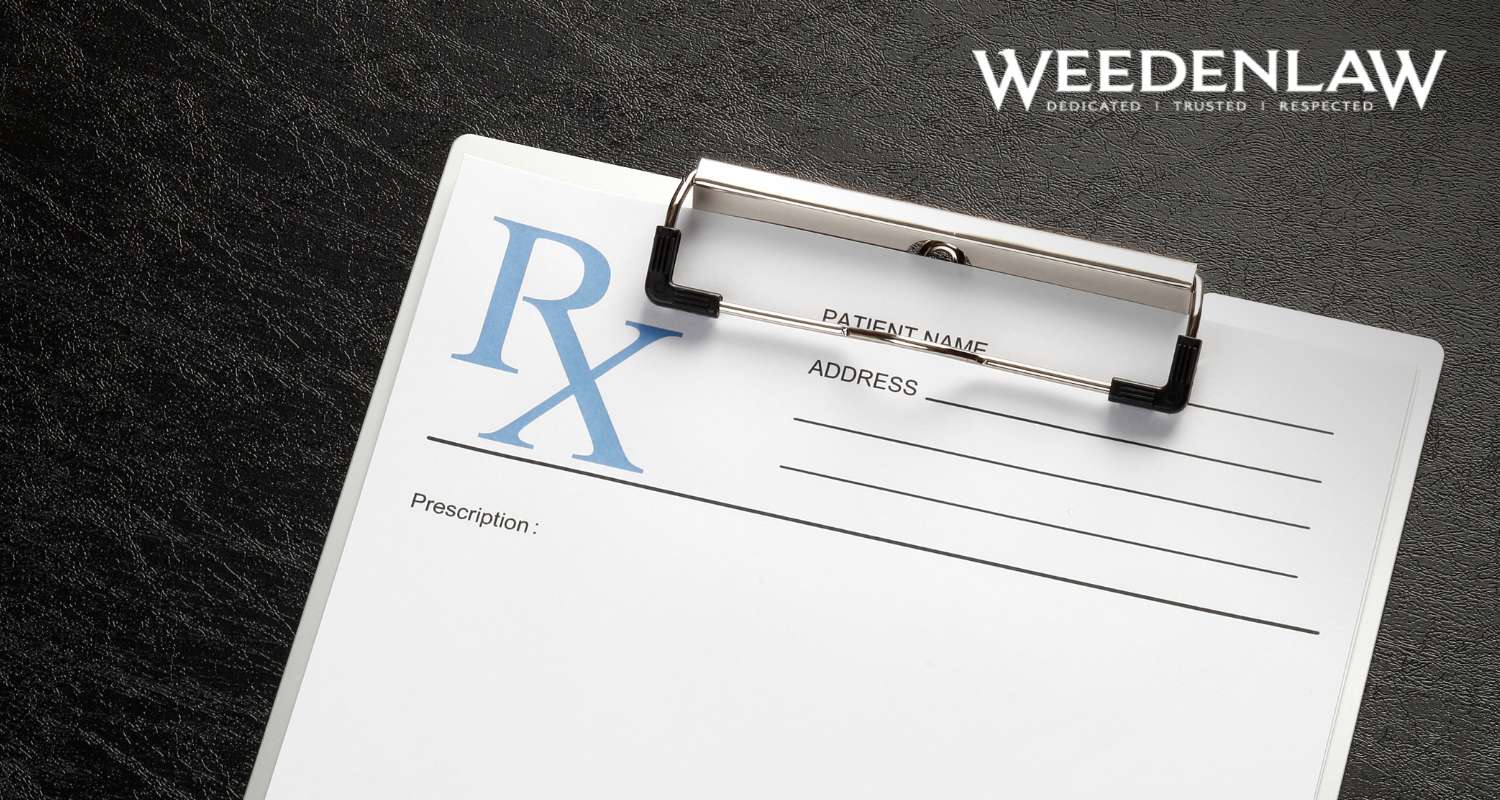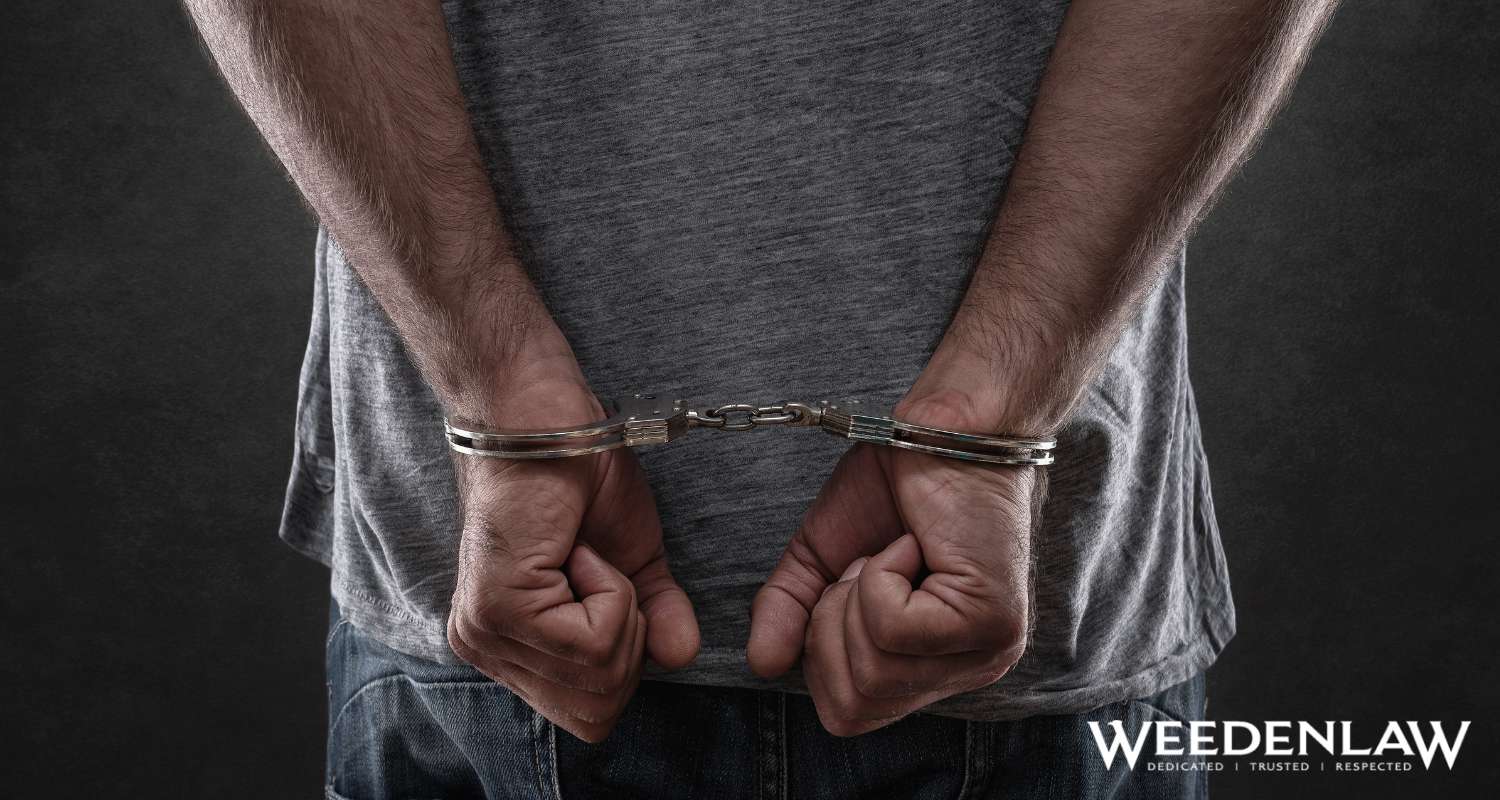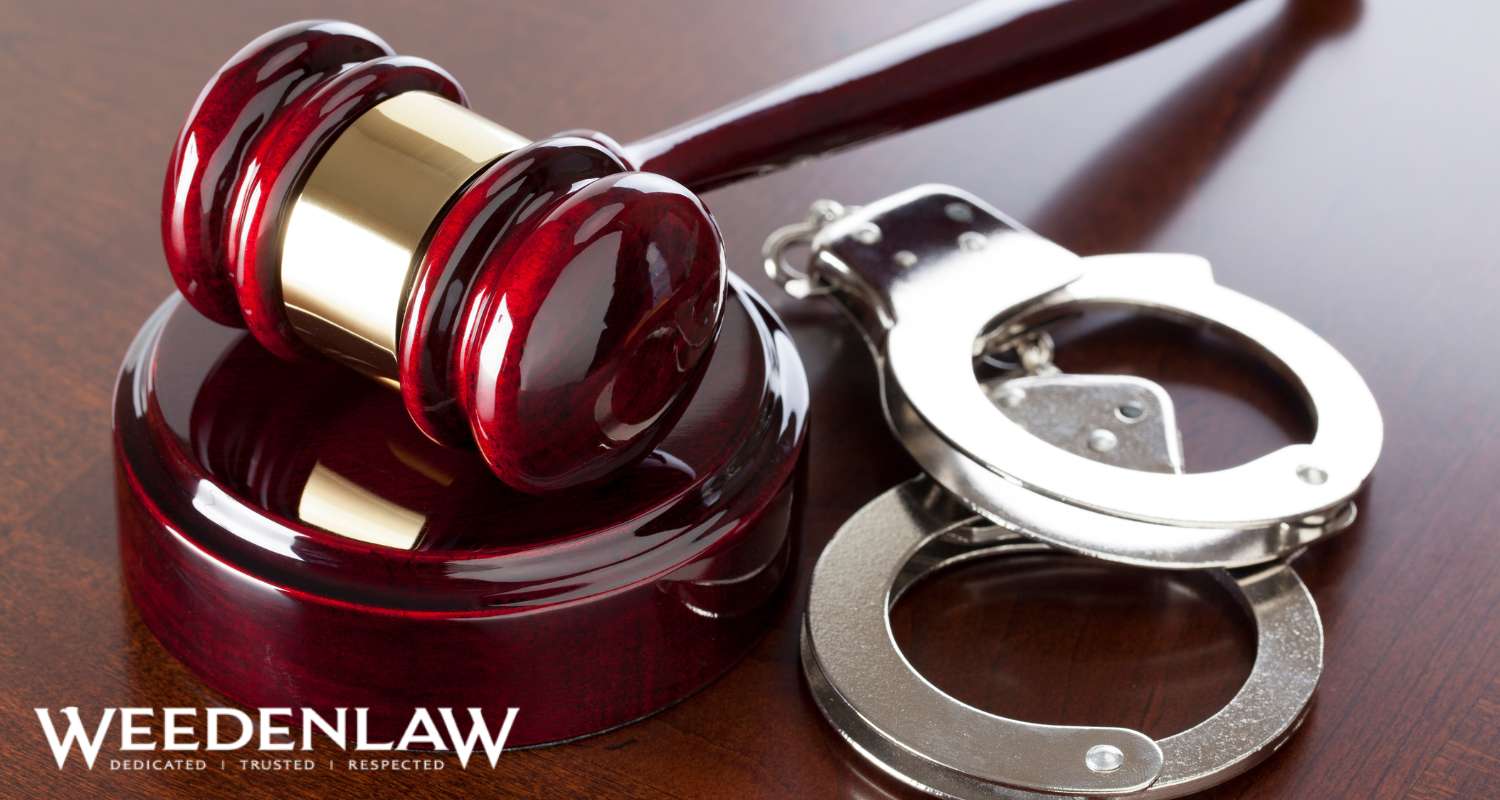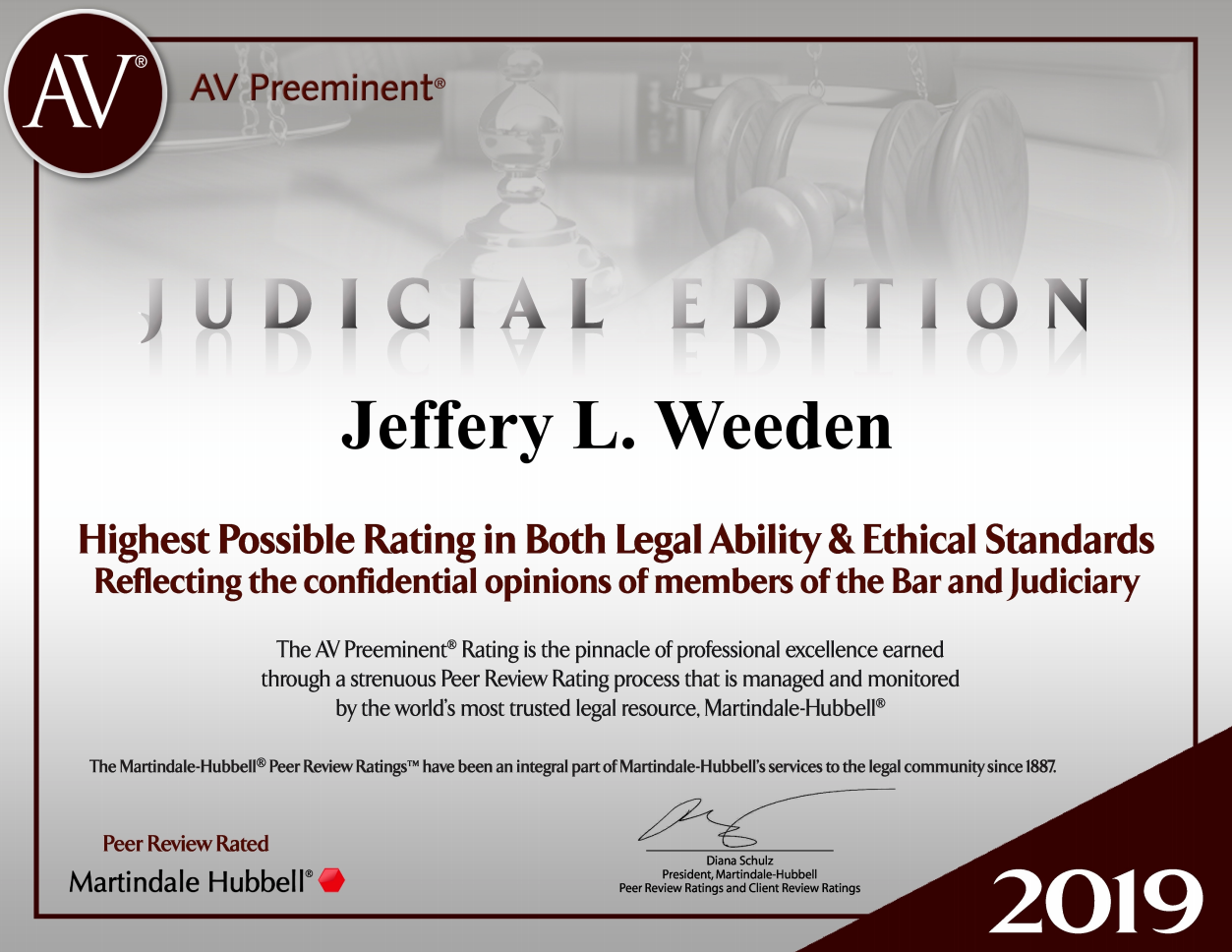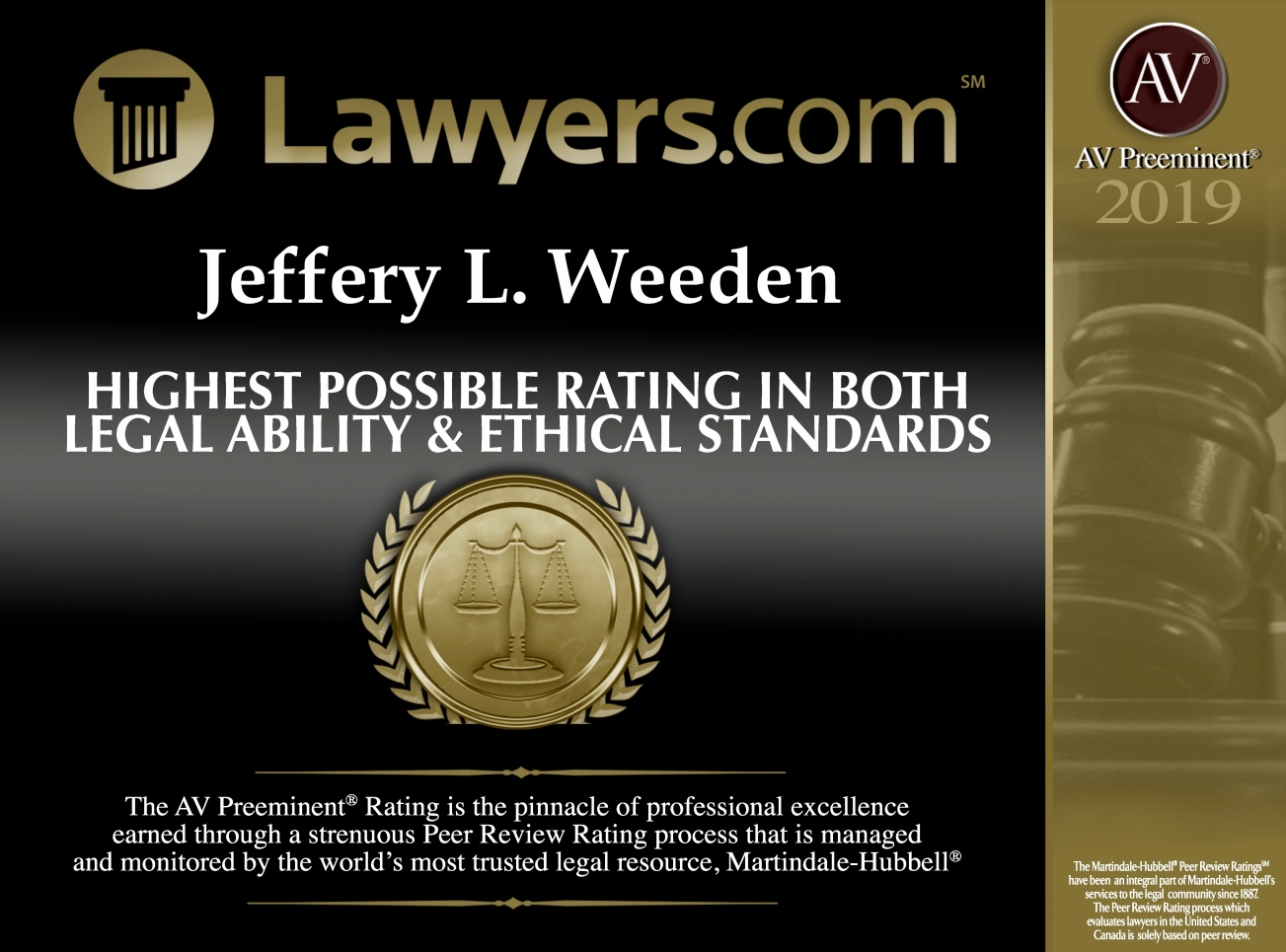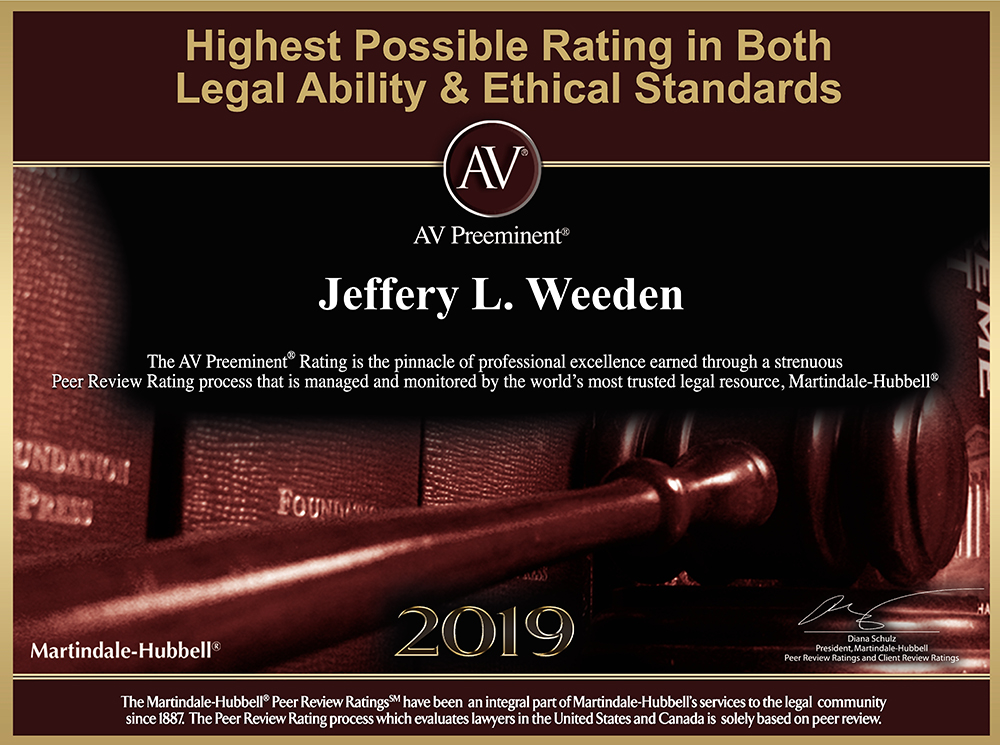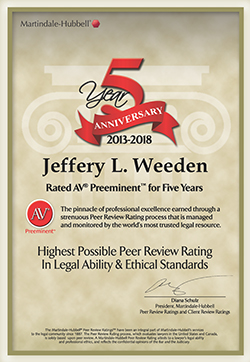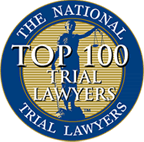Experienced Criminal Defense for Forgery Charges in Denver, CO
If you’ve been accused of forging documents or other instruments in Colorado, you need a Denver forgery defense attorney on your side to protect your future and help you seek justice. At WeedenLaw, Colorado criminal defense attorney Jeff Weeden is committed to providing skilled and personalized legal representation to those facing forgery charges.
Forgery involves the falsification, alteration, or creation of written instruments with the intent to defraud. This could include anything from signing someone else’s name on a check to falsifying legal documents or government-issued identification. Accusations of forgery deserve experienced legal defense, so if you’ve been charged with forgery, contact Denver white-collar crime lawyer Jeff Weeden today.
Call (720) 307-4330 or reach out online to schedule your free initial consultation and discuss your case with a legal professional on our team today.
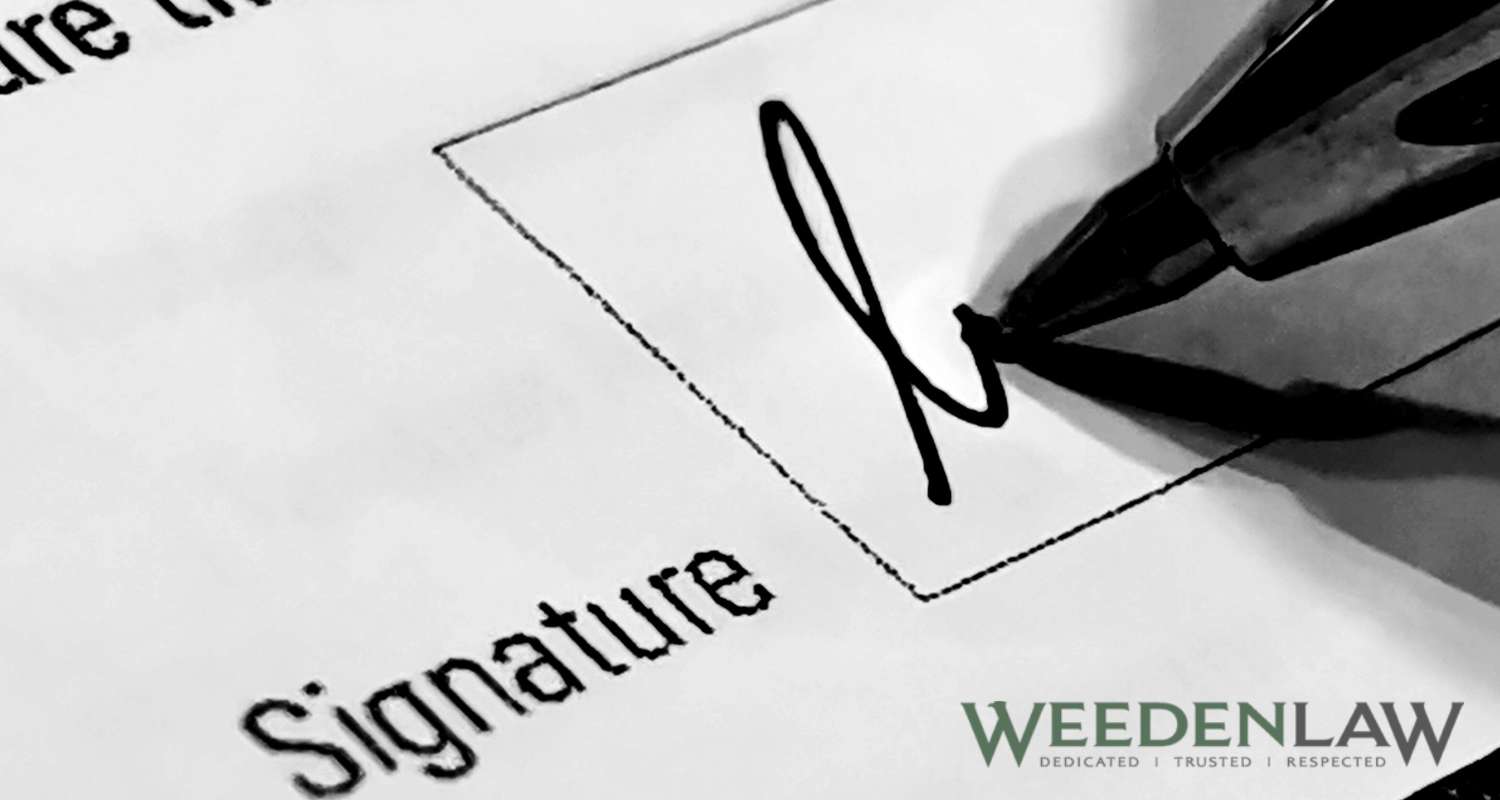
What is Forgery?
Forgery is a criminal act involving the creation, alteration, or use of a document, signature, or other written instrument with the intent to deceive or defraud another person or entity, or to gain an unfair or undeserved benefit for oneself.
Forgery and Related White-Collar Crimes
Like other white-collar crimes, forgery is typically non-violent and motivated by financial or personal gain. Common white-collar criminal charges related to forgery include embezzlement, fraud, identity theft, money laundering, bribery, insider trading, insurance fraud, and tax evasion. These charges often involve deceit or manipulation and can lead to severe penalties, including fines and imprisonment.
Colorado Forgery Laws
In Colorado, a person commits forgery when they intentionally falsify, alter, or create written instruments with the intent to defraud. This can include documents such as checks, contracts, public records, government-issued documents, and identification cards like a person’s driver’s license.
There are many Colorado revised statutes that cover various offenses, including criminal possession or use of a forged instrument, production of counterfeit identification, and the offering of false instruments for official recording. Under these statutes, forgery is generally treated as a felony in Colorado, with penalties depending on the nature of the forged item and the intent behind its use.
1st Degree Forgery Colorado
First-degree forgery in Colorado, as outlined in C.R.S. § 18-5-102, occurs when a person falsely makes, completes, alters, or utters a written instrument intended to appear genuine or authorized with intent to defraud. This includes falsifying items such as:
- Money
- Government-issued stamps
- Securities
- Corporate stocks or bonds
- Legal documents like deeds or contracts
- Public records
- Official documents issued by public servants or agencies
- Lottery tickets
- Tokens for public conveyance (bus passes, public transportation tickets, etc.)
- Tools used to create false identification documents
It is still considered forgery if someone attempts to deceive others through these forged instruments, regardless of whether financial gain or harm is successfully achieved, so long as there was intent to defraud. In Colorado, first-degree forgery is considered a Class 5 felony.
2nd Degree Forgery Colorado
Second-degree forgery under Colorado law, as described in C.R.S. § 18-5-104, involves the intentional falsification, completion, alteration, or uttering of a written instrument not covered under first-degree forgery. This offense typically applies to less critical documents that still hold value or significance but do not directly impact government-issued items or public records.
Examples include falsifying personal letters, receipts, or private agreements. Unlike first-degree forgery, second-degree forgery addresses instruments of lesser public or financial importance and is classified as a Class 2 misdemeanor.
Possession of a Forged Instrument
Under CRS §§ 18-5-105 and 15-5-107, possession of a forged instrument is a serious crime involving the knowing possession or use of fraudulent documents or instruments with the intent to defraud. This offense often applies to forged documents like checks, money orders, stocks, property deeds or titles, and other valuable instruments issued by a government entity.
The penalties for illegally possessing forgery devices depend on the property involved. Possession of a first-degree forgery instrument is considered a felony offense, while possession of a second-degree forgery instrument is typically classified as a petty offense.
Common Types of Forgery Crimes
Forgery crimes can take many forms, ranging from falsified documents to the use of counterfeit items. Below are some common types of forgery crimes:
- Falsifying checks or financial documents
- Counterfeiting currency or securities
- Creating or using fake identification documents
- Altering a legal document, such as a contract or deed
- Forging signatures on agreements or authorizations
- Producing counterfeit trademarks or goods
- Submitting false records for official purposes
- Possessing a forgery device or specific dye to produce fake dollar bills
What are the Penalties for Forgery in Colorado?
In Colorado, the penalties for forgery can vary depending on the facts of the case and the exact charges filed. Some of the potential penalties for forgery in Colorado include:
- First-Degree Felony Forgery – Class 5 felony with penalties between 1 year and 3 years in prison, between $1,000 and $100,000 in fines, or both
- Possession of a First-Degree Forgery Instrument – Class 6 felony potentially resulting in 1 to 1 and a half years in prison and mandatory parole for up to 1 year
- Second-Degree Forgery – Class 2 misdemeanor with penalties of up to 120 days in jail, up to $750 in fines, or both
- Possession of a Second-Degree Forgery Instrument – Petty offense with penalties of up to 10 days of jail time, $300 in fines, or both
If you’re unsure about the nature of the criminal charges against you, a Denver forgery defense lawyer can evaluate the circumstances of your case and help determine the penalties you may be facing.
Why You Need an Experienced Denver Criminal Defense Attorney
When facing forgery charges (or any other type of Colorado fraud charges, for that matter), having an experienced Denver criminal defense attorney like Jeff Weeden is essential to protecting your rights and building a strong defense. Forgery cases often involve complex legal issues, including proving intent to defraud, analyzing a great deal of evidence, and navigating the various Colorado state laws surrounding forgery crimes.
Attorney Jeff Weeden has experience defending clients accused of various forms of criminal fraud. He can challenge the prosecution’s case, identify weaknesses in the evidence, and explore potential defenses tailored to your forgery case. Additionally, he’ll be able to negotiate with prosecutors to potentially reduce the charges or penalties you may face. If your case makes it to court, he and his team will ensure you are treated fairly throughout the legal process and fight tirelessly to achieve the best possible outcome, whether that’s having your case dismissed, lessening your charges, or achieving a not-guilty verdict at trial.
Facing Forgery Charges in Colorado? Contact a Denver Criminal Defense Lawyer at WeedenLaw Today
In Colorado, forgery covers a variety of crimes, with punishments ranging from petty offenses to Class 2 felonies. Regardless, a conviction for any of these crimes can leave a lasting impact on your reputation and your future. Whether you’re accused of falsifying documents, possessing forged items, or using counterfeit identification, it’s important to act quickly and secure qualified legal help as soon as possible.
Luckily, Colorado fraud defense attorney Jeff Weeden is here to protect your rights and fight for the best possible outcome in your case. We will carefully examine the details of your case, challenge the evidence against you, and explore every available defense strategy.
Though our law office is based in Denver, Colorado, we handle criminal cases throughout a range of areas in Colorado, including counties such as Adams County, Arapahoe County, Boulder County, Denver County, Douglas County, Jefferson County, and beyond, and cities such as Colorado Springs, Fort Collins, and more.
Call (720) 307-4330 or contact us via our website to schedule a free consultation with Denver fraud lawyer Jeff Weeden and establish your attorney-client relationship today.




